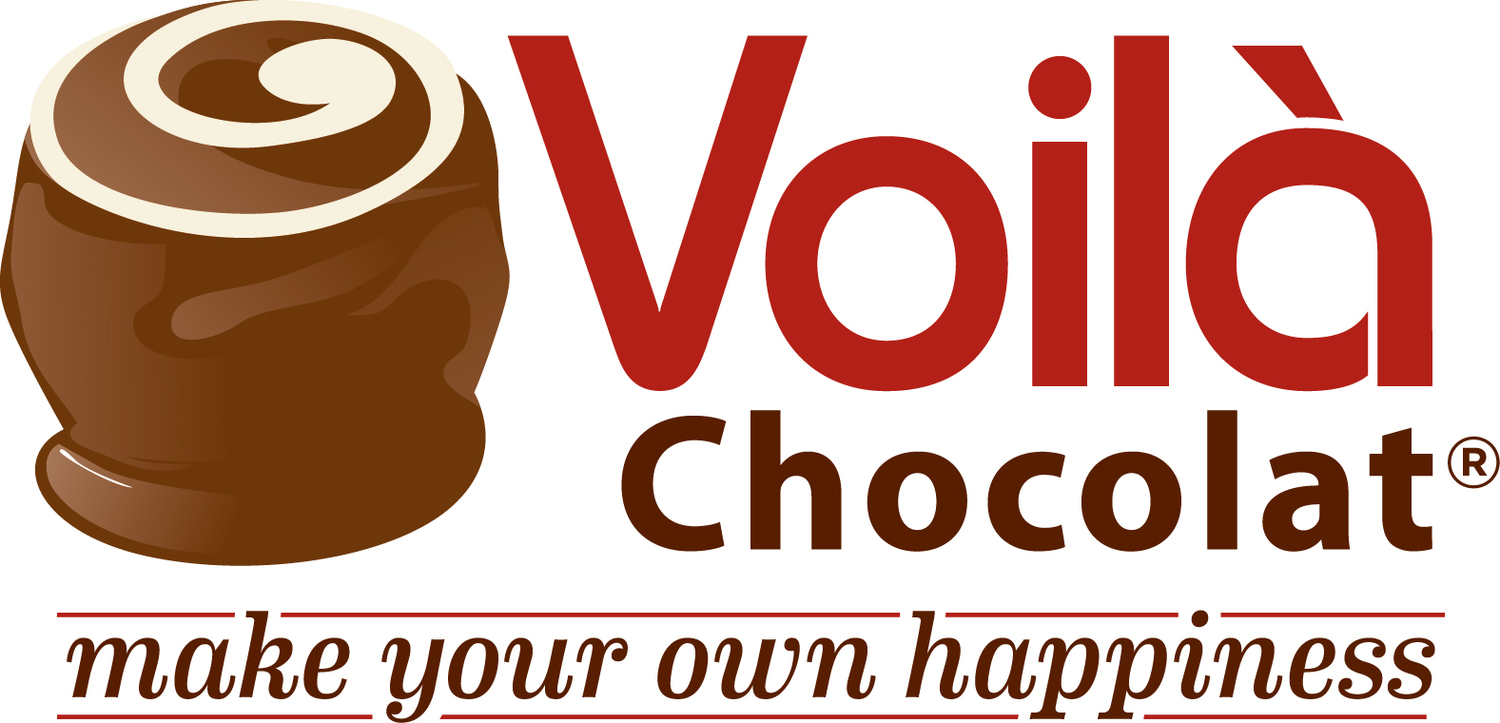Click on the screen capture above to watch the 2-minute Fox5 news segment "Ebola and chocolate," on global chocolate supply and pricing pressures. "An Ebola outbreak either bordering or a nation away from the two countries that produce as much as 75 percent of the world's cacao beans may change the makeup of a Cadbury egg in the United Kingdom."
Chocolate hit the news again in the past couple of days. So local TV news station, Fox5 WNYW, asked the professional opinion of our own Peter Moustakerski ("moose-tah-CARE-ski," the reporter diligently typed into his notes).
The backstory: Cadbury -- owned by Kraft Foods since 2011 -- will be making their iconic Creme Eggs with a different form of chocolate in the UK this Easter, and British fans have been expressing their outrage online, alleging that the confection seems to taste cheaper.
Cadbury cites consumer tastes for this change. But judging from the public reaction, that may not be accurate ("@kraftfoods what have you done to the Cadbury Creme Egg. I know Americans don't get chocolate but urgh it's horrid #ruinedanicon" read one tweet that typified a trend.)
The original Cadbury Dairy Milk shells, which contained 20% cocoa solids until now, will be made with a sweeter kind of chocolate containing only 14% cocoa solids.
Heading in this direction means fewer healthy flavonoids and possibly the aforementioned "horrid" decline in chocolate flavor. What Kraft probably aimed to reduce along with the cacao content was cost, in order to protect margins on an already low-price product as chocolate supply is becoming more expensive.
Why so expensive? To produce chocolate, farmers and workers have to be fairly paid, and shortcuts that might produce a higher yield or lower price can result in inferior tasting chocolate and/or less economically or ecologically sustainable cacao-growing. If consumers are not willing to pay, then margins must be protected some other way - possibly by de-emphasizing quality, economic fairness or ecological sustainability. Underpaid farmers either abandon cacao-growing in favor of other work, thus further reducing supply, or they feel pressure to underpay and abuse their own workers. This is why, unfortunately, social ills may be a hidden ingredient in the chocolate that much of the first world consumes.
An additional source of stress on the global chocolate supply (and the catalyst for this TV news story) is the recent Ebola outbreak. This human health crisis has restricted would-be workers' ability to cross borders, so there are fewer people to harvest and process cacao. There is also an ongoing plant-based health crisis, as diseases are increasingly impacting cacao trees, and climate change is making already limited cacao-growing regions hotter, drier, and less hospitable to the theobroma cacao tree. Research suggests that by 2050, the amount of land suitable for growing cacao in Ghana and Ivory Coast - where 70-75% of the world's cacao is grown currently - will shrink to one third of what it is today. All of this means an interrupted and reduced cacao supply, and purveyors of mass-produced chocolate with very large volume needs and very small margins are feeling the squeeze.
Thus, perhaps, the decision to reduce the cacao content of Creme Eggs.
Rather than pursue even lower-quality chocolate to keep prices unnaturally low (while keeping farmers and their workers underpaid), we'd like to help consumers to learn and accept that good quality chocolate should and will cost more than we are used to paying for mass-produced chocolate at the convenience store. Greater appreciation for quality chocolate may result in consumers becoming more willing to pay fair prices to enjoy better-tasting chocolate that they know is sourced in an economically- and ecologically-stable manner. Plus, economies and workers that are fairly compensated can afford better infrastructure and have greater motivation to protect their economic interests. In other words, if we pay fair prices for chocolate, it could improve lives and even stabilize nations.
At the very least, let's try to refute the allegation that "Americans don't get chocolate." Ouch!
Voilà Chocolat sources its chocolate from Guittard Chocolate, a 5th-generation family owned, 145-year old San Francisco based company, which maintains close, long term relationships with its cacao growers. By using this source of chocolate, we provide you with better flavor, and together we help small farms and cooperatives to sustain a livelihood for their families.
Better cacao sourcing is worth a hill of beans.






